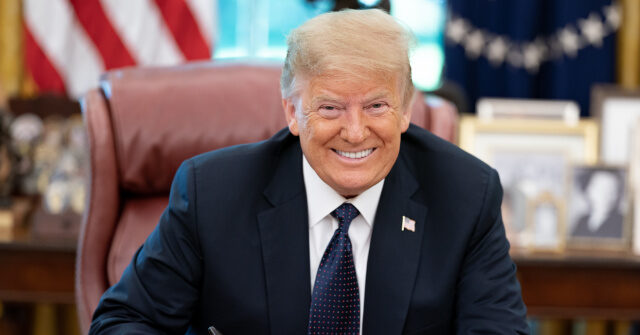During a recent episode of HBO’s “Real Time,” host Bill Maher engaged in a critical yet nuanced discussion regarding President-Elect Donald Trump’s Cabinet selections. Acknowledging the sentiment of the electorate for “disruption,” Maher suggested that voters believed they were voting for a transformative leader to challenge the established order. He presented Trump as a figure similar to Gulliver, hindered by the entrenched “deep state” during his first term, and posited that his current Cabinet picks could potentially facilitate Trump’s disruptive agenda. In Maher’s assessment, the Cabinet assembled is an eclectic mix, embodying both experience and unorthodox viewpoints, signifying a radical departure from the political norm.
Maher highlighted specific appointments, examining the implications and qualifications of individuals like South Dakota Governor Kristi Noem and Pete Hegseth, the latter being nominated for Secretary of Defense. While acknowledging Hegseth’s military background and prestigious educational pedigree, Maher also pointed out his controversial remarks and the disruptive nature of his potential leadership. Maher articulated that the collective desire for change resonates within the electorate, characterizing America as needing urgent reform—akin to addressing a “compacted colon.” This metaphor starkly conveys his belief that the current political climate is suffocating and requires significant intervention.
Among the more controversial appointments discussed was Tulsi Gabbard as the director of national intelligence. Maher addressed the skepticism surrounding Gabbard, particularly allegations of her being a “Russian spy,” while firmly asserting his belief that such accusations do not define her capabilities. This skepticism forms a backdrop to Maher’s overarching theme concerning choosing individuals outside traditional political frameworks, underlining that disruptive leadership may challenge status quo norms and subsequently provoke necessary change within the US intelligence apparatus.
The tone of Maher’s analysis continued as he scrutinized the appointment of Lee Zeldin to lead the Environmental Protection Agency (EPA), referencing provocatively named initiatives while questioning the implications for environmental policy. This choice struck Maher as emblematic of Trump’s broader trend of prioritizing promotion of controversial figures over traditional expertise. Within this context, he expressed a sense of foreboding regarding the effectiveness of the Cabinet in mitigating Trump’s more radical impulses, suggesting it might lack a balance of caution typically expected in such positions.
Maher also touched upon Matt Gaetz’s nomination as Attorney General, implying that this choice seemed strategic in safeguarding Trump’s interests rather than demonstrating a commitment to public service or justice. Here, Maher’s critique evolved into a broader concern over the potential ramifications of such appointments, contending that while outsiders might invigorate certain sectors of governance, it also risks exacerbating instability by lacking the necessary expertise or willingness to dissent against unfit directives. This was emphasized in Maher’s assertion that the Cabinet is unlikely to serve as a check against any extreme ideas Trump might propose.
Overall, Maher’s reflections blended skepticism of the characters within Trump’s Cabinet with an acknowledgment of the populist urge for disruption that has underscored contemporary American politics. His commentary reveals a struggle between embracing unorthodox leadership and recognizing the implications of such departures from political tradition. Importantly, Maher emphasizes the fundamental desire within the electorate for change, warranting a deep examination of the potential outcomes emanating from Trump’s chosen aides, whose qualifications, backgrounds, and ideologies already evoke both enthusiasm and concern across the political landscape.

